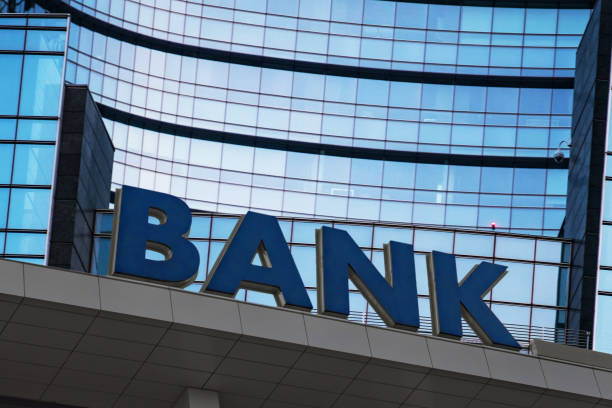Sharing bank account details for legitimate financial transactions is generally safe, provided you take certain precautions:
1. Trustworthy Recipient
Ensure that you are sharing your bank account details with a trusted and reputable recipient. Common scenarios where you may share your bank details include:
Setting up direct deposit with your employer.
Providing your bank information to a legitimate business for payments.
Sharing account details with trusted friends or family for personal transactions.
2. Use Secure Channels
When sharing your bank account information, use secure and encrypted channels. Avoid sending sensitive information like account numbers and routing numbers via unsecured email or messaging platforms. Instead, use secure communication methods provided by banks or financial institutions.
3. Avoid Over-Sharing
Only provide the necessary bank account details required for the specific transaction. Avoid sharing additional personal information that is not relevant to the transaction, as this can pose unnecessary security risks.
4. Verify the Recipient
Before sharing your bank account details, confirm the recipient's identity and legitimacy. For businesses or organizations, research their reputation and ensure they are a legitimate entity. If you have any doubts, contact them directly using official contact information to verify the transaction.
5. Be Cautious with Public Wi-Fi
Avoid sharing sensitive information, including bank account details, when using public Wi-Fi networks. These networks are often less secure and can be vulnerable to eavesdropping by malicious actors.
Risks to Be Aware Of
While sharing bank account details for legitimate transactions is generally safe, there are potential risks to be aware of:
1. Phishing Scams
Be cautious of phishing attempts where fraudsters impersonate trusted entities to trick you into sharing your bank account information. Always verify the authenticity of any request for your financial details.
2. Unauthorized Debits
Sharing your bank account details with untrustworthy parties can lead to unauthorized debits or withdrawals from your account. Ensure that you have control over who has access to your information.
3. Identity Theft
Carelessly sharing sensitive information can increase the risk of identity theft. Be diligent in protecting your personal and financial data.
Protecting Your Bank Account
To enhance the security of your bank account details, consider the following best practices:
Regularly monitor your bank statements for any unauthorized transactions.
Enable two-factor authentication (2FA) for your online banking and financial accounts.
Use strong and unique passwords for online banking access.
Keep your devices and software updated with the latest security patches.
Educate yourself about common scams and phishing techniques to recognize potential threats.
In conclusion, sharing your bank account details for legitimate financial transactions is generally safe when done cautiously and securely. Trustworthy recipients, secure communication channels, and vigilance against potential risks are key to ensuring the safety of your financial information. By following best practices and staying informed about security threats, you can confidently engage in bank transfers and other financial transactions.
Frequently asked questions (FAQs) for bank transfers




